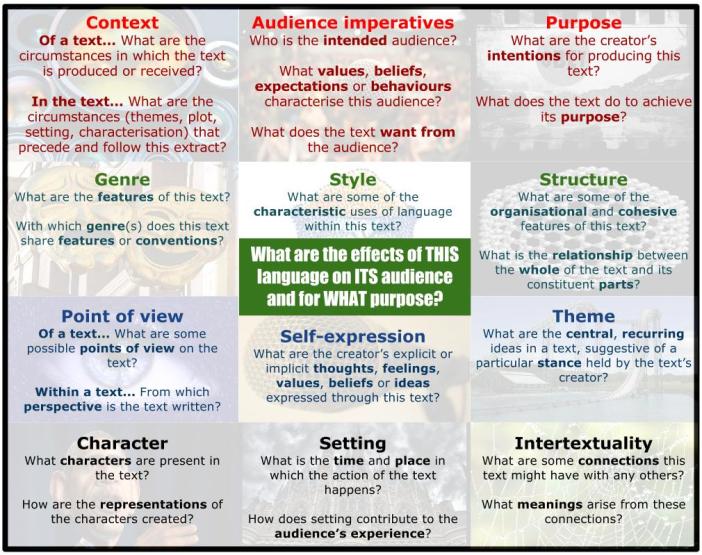“If you don’t know where you’re going, you’ll end up someplace else.” (Yogi Berra)
This post stems from the insights I have gathered while working for the MYP on their new Building Quality Curriculum initiative, one which involves schools receiving feedback on selected unit planners. As someone who spent a good chunk of time writing that feedback (and teaching the MYP), I’d thought I’d collate some key aspects about what is required to get the inquiry stage of the planners right, both in MYP planners and elsewhere.
Key and Related Concept(s): ENGAGE WITH THE INTENDED CONCEPTS
Common problems:
- Too many for the length of the unit (no more than one key concept and three related concepts).
- Only lip-service paid to the concepts in the actual learning experiences.
- Key and related concepts confusingly overlap, e.g. “point of view” and “perspectives” in English Language and Literature.
Global context: STAY IN CONTEXT
Common problems:
- No specific exploration is identified, with a real event, circumstance or situation in mind.
- The real life event, circumstance or situation is not used as a lens throughout the unit.
- It’s an afterthought, not a raison d’etre.
Statement of Inquiry: CRAFT A MEMORABLE STATEMENT OF “SO WHAT?”
Common problems:
- A collection of jargon words with little meaning.
- Insufficient use of modality (e.g. might, may).
- Missing key ingredients (concepts and/or contexts).
- No student would want to think about it.
Inquiry Questions: LEVERAGE THE POWER OF CURIOSITY
Common problems:
- Are not “factual”, “conceptual” and “debatable”.
- Are not creative and engaging.
- When considered alone, or together, fail to unpack the statement of inquiry.
- Questions wouldn’t lead to success on the assessment(s).
Approaches to Learning (ATL): IDENTIFY THE SKILLS THAT ENABLE SUCCESS
Common problems:
- Too many skill indicators suggested. As an upper limit, perhaps a limit of one indicator for every three hours of teaching.
- Not directly supportive of student success on the assessment(s).
- Are not accompanied with specific, explicit learning experiences.
Assessment: POWER UP ASSESSMENT AS PERFORMANCE
Common problems:
- Would not produce reasonable evidence of performance on the stated objectives of the unit.
- Not a performance of the students’ understanding of the statement of inquiry.
FOR AN MYP ENDORSED VIEWPOINT, SEE HERE



